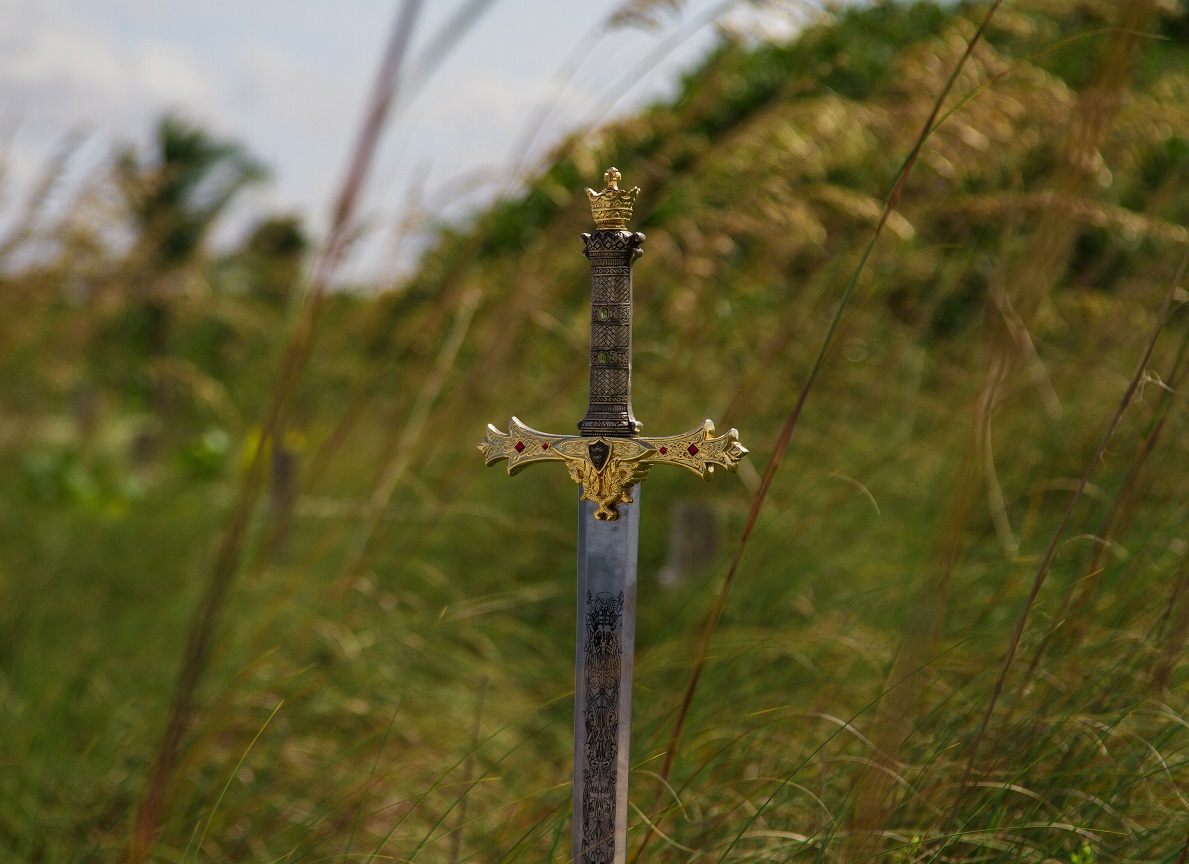One of the most problematic texts in the Old Testament is the divine command to exterminate the Amalekites in 1 Samuel 15:3: “Now go and attack Amalek, and utterly destroy all that they have, and do not spare them. But kill both man and woman, infant and nursing child, ox and sheep, camel and donkey.” What could possibly cause a God of Love to issue such a harsh command where even children, infants and cattle are destroyed? Is it because God does not care about the heathen and their animals? The story of Jonah proves that such is not the case (Jonah 4:11). To explore this question, we need to first learn who the Amalekites were. The Amalekites were descendants of Esau (Gen 36:12, 16). The Israelites were strictly forbidden to harbor hatred against Esau’s descendants (Deut 23:7). But notwithstanding Israel’s positive attitude, the Amalekites took advantage of Israel’s kindness and brutally attacked Israel’s rear ranks in the time of the Exodus, “all the stragglers at your rear, when you were tired and weary; and he did not fear God.” (Deut 25:18). Esau’s God was the same as Jacob’s. So the Amalekites knew God well, but instead of acknowledging His sovereignty and power, they set themselves up to defy Him. Moses continued: “Therefore it shall be, when the LORD your God has given you rest from your enemies all around, in the land which the LORD your God is giving you to possess as an inheritance, that you will blot out the remembrance of Amalek from under heaven. You shall not forget.” (Deut 25:19). Balaam uttered a similar oracle of doom over Amalek, which doubtless reached the ears of the Amalekites (Numb 24:20). Yet it took 400 years until this fearful judgement was carried out. Instead of seeing God’s forbearance as an opportunity to repent, the Amalekites were emboldened in sin and continued to fill up the measure of their iniquity. Among other things, they joined with the Midianites in the time of Gideon and continued their oppression of Israel (see Judges 6-7). In Saul’s day, the Amalekites were still plundering the Israelites (1 Sam 14:48). Agag, their king, was of no different character. Before his execution, Samuel told him, “your sword has made women childless” (1 Samuel 15:33). The wages of sin is death. God’s mercy, no less than His justice demands that He, at times, actively steps in and cuts off the unrepentant oppressors from doing even more damage to others and to themselves. This act is in no way out of harmony with a loving God, unless your picture of love is severely skewed. However, in every judgment, God makes opportunity for all who are willing to avert the coming doom. In the Noaic Deluge, there was the ark. In Sodom, the angels came to save Lot and any other righteous soul. In the destruction of the firstborn of Egypt, there was the blood on the doorpost. In the taking of Jericho, there was Rahab’s house. Even in the judgment on the Amalekites, God spared the Kenites and those who would separate from the Amalekites (1 Sam 15:6). Only pride of heart could hinder people from accepting God’s way of salvation. This was not ethnic cleansing, but God’s judgment on a wicked nation. Apparently some Amalekites took the chance to escape, because hundreds of years later a descendant of Amalek, Haman, the Agagite, is mentioned in the story of Esther.
But even if we could understand why the men and women were destroyed, this does not answer why children and infants were killed alongside. Does this not contradict the command in Deuteronomy 24:16: “Fathers shall not be put to death for their children, nor shall children be put to death for their fathers; a person shall be put to death for his own sin.”? Not necessarily. The last passage speaks of punishment. If my father sins, I am not to be punished for that. However, my father’s sins will have consequences on me. Many children have died for what their father’s did. Is that fair? No, but this is life in a sinful world. This does not say anything about the punishment or eternal destiny of the child. The Bible does not reveal the eternal future of children born to wicked parents. It is, however, most often the case that the characters of the fathers are transmitted to the children. We see this in Haman. In harmony with the spirit of his ancestors, Haman is bent on utterly destroying the Jews (Esther 3:5-6). In one sense you could say that the infants were destroyed, not for their father’s sins, but in order to prevent the sins they would commit in the future if they were left to live. Obviously, only a God who can read the heart and future destiny of every soul, could make such a decision. And He did in this case. He alone can see when it is for humanity’s, and even their own good, to (at least temporarily) destroy the children of wicked men and women. We might be left to question, “What if those children had turned to the Lord?” But let us rest assured in Abraham’s words to God, “Shall not the Judge of all the earth do right?” (Gen 18:25). One day, the future of these children will be spelled out in the books of Heaven, and we will judge for ourselves (1 Cor 6:2). Then we will be able to say intelligently: “true and righteous are Your judgments.” (Rev 16:7).
 Roparna
Roparna